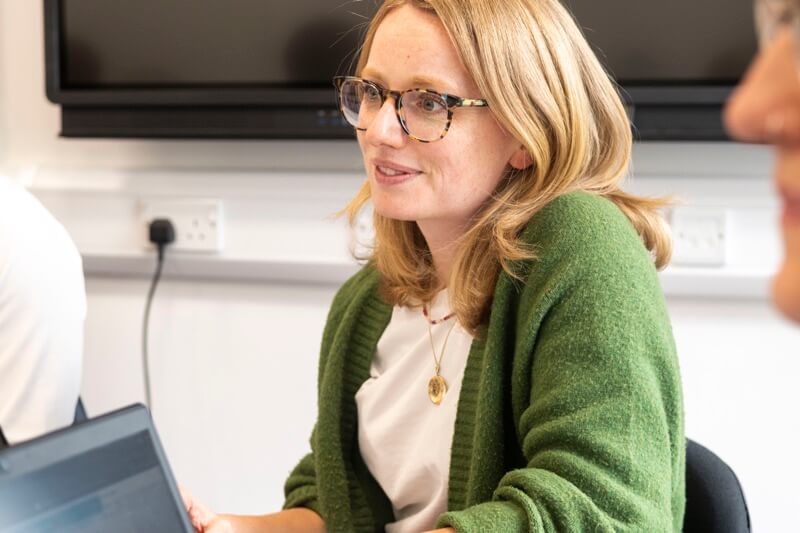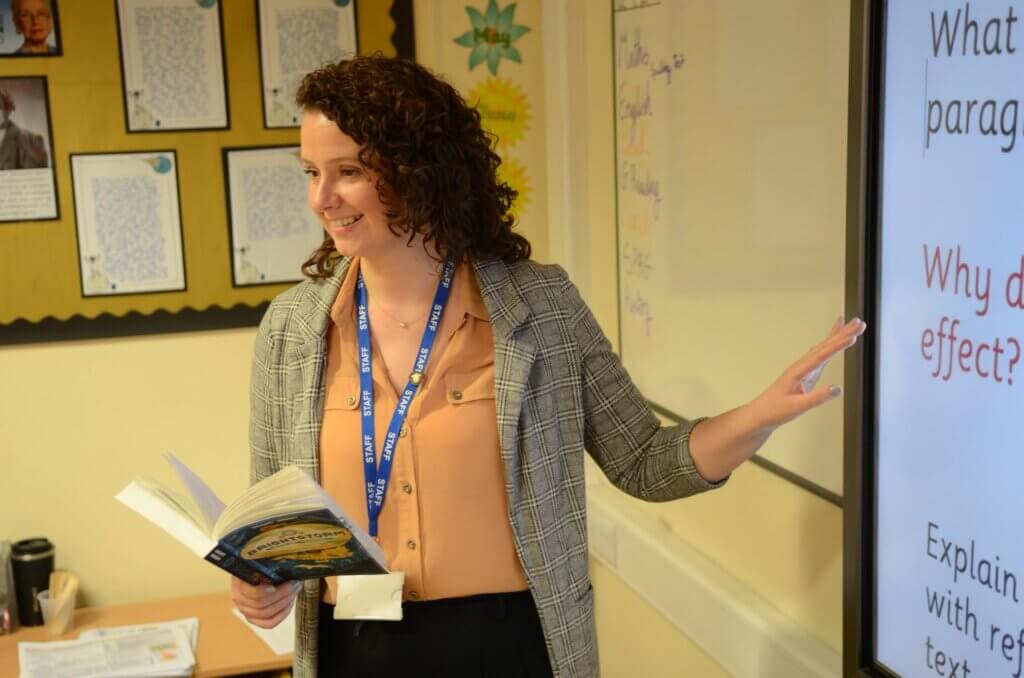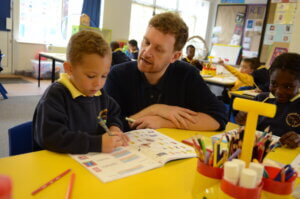Pupils report feeling less happy at school
New research explores the progress and challenges faced by schools in delivering a high-quality and inclusive education. Data was drawn from three surveys of staff, pupils, and parents, with more than 245,000 respondents in total.
Just 47% of pupils said they felt very or quite happy at school, falling from 65% in 2020-21. This is the first time in the survey’s history that the proportion of happy pupils fell below 50%. Additionally, 35% of pupils reported that they rarely or never found lessons interesting, compared to 25% three years ago. Only 30% would recommend their school to others, reflecting a steady decline in satisfaction and engagement.
More than half of staff feel well-supported in lesson preparation, returning to pre-pandemic levels. Staff also indicated that marking and assessment has improved over the last three years. However, only 68% felt respected by pupils, down from 76% in 2020-21. Worryingly, 23% reported experiencing emotional or physical violence from a pupil.
A growing number of parents feel well-informed with regards to their child’s homework and behaviour at school. However, only 65% of parents think their school’s approach to the learning process fits their child’s needs, a drop from 73% in 2020-21. Reflecting on the report’s findings, Dame Alison Peacock, CEO of The Chartered College of Teaching, warns about the decline in respect and trust that the profession is experiencing, which can be ‘associated with decreasing mental health and wellbeing among our teachers and leaders and growing teacher shortages.’ She says rebuilding respect requires empowering teachers with autonomy, celebrating their expertise, and amplifying their voices in shaping education policy.
★ Our School Development team can offer advice on all aspects of school and academy development, from curriculum development and pupil outcomes through to leadership support. Contact our team to learn more.
Ofsted warns pupils are not gaining foundational knowledge in KS1
A new report from Ofsted reveals that some schools do not ensure all pupils learn the foundational knowledge they need by the end of Key Stage 1 (KS1). The inspectorate says there is a lack of clarity surrounding the knowledge children need to learn in Reception and KS1, which means teachers do not know what to prioritise in teaching and assessment. Moreover, ‘curriculums are often overloaded with activities’ that do not focus on helping children to build fluency in foundational knowledge and skills.
According to the report, a ‘vulnerable minority’ of children who begin school with the lowest starting points, as well as those who start to fall behind, are the most affected by weaknesses in curriculum, teaching, and assessment. Although these children need the most teaching and opportunities for practice, they ‘often get the least,’ as adults tend to interact with other children more. This widens the gap between them and their peers.
The report also states that whilst the teaching of early reading has been improving, English curriculums were often weak and children were introduced to complex tasks too early. Additionally, Ofsted raised concerns about ineffective play-based learning, arguing that ‘if it does not challenge their thinking, problem-solving, persistence and collaboration, it is ineffective in developing their executive functioning.’
In light of these findings, the inspectorate makes a series of recommendations, including making sure that assessment picks up on children’s misunderstandings quickly and gives teachers early opportunities to offer support. Further, Ofsted says that end of Key Stage 1 assessments should not disproportionately influence decisions about curriculum and teaching methods. Rather, it encourages schools to choose teaching methods that are suited to what is being taught and what children already know.
★ Our School Development consultants can advise you on how to create child-centred learning in KS1 and beyond, drawing on the effective principles of early learning. Get in touch to learn more about our services.
Calls to make oracy the fourth “R” of education
A new report by the Commission on the Future of Oracy Education in England says that oracy should become the fourth “R” of education, to be ‘recognised, valued, and resourced alongside reading, writing, and arithmetic as a cornerstone of education.’ The report calls for the government to introduce oracy entitlement throughout the primary and secondary national curriculum, as well as embedding it throughout school’s pastoral, personal development, creative and extracurricular provision.
The report recommends making oracy a key part of the training and development of all teachers. This should involve a programme of professional development to support an oracy entitlement, showing how this can be achieved through subjects, PSHE, and school day activities. Moreover, Speech, Language and Communication Needs (SLCN) should be included as a required element of teacher training and development.
To reflect the value of oracy in assessment and accountability, the report recommends reforming GCSE English Language to develop a qualification that engages pupils in the study of spoken language. To track pupil progress, teachers need the understanding and tools to undertake regular, formative assessment of oracy. Furthermore, given the rise of artificial intelligence (AI), the report says schools should introduce opportunities to evaluate pupils’ understanding of a discipline through oral assessment methods.
According to the report, oracy should be considered by Ofsted as a contributing factor to the quality of education a school provides. However, inspectors should receive training and guidance to understand the attributes of a high-quality oracy education and how this can be demonstrated in schools.
★ Our SALT team can support the speech, language and communication needs of your pupils with a wide range of evidence-based interventions, direct and indirect therapy, and whole-class strategies. Contact us to discuss your requirements.
Working with schools and trusts for over a decade, One Education has a unique understanding of the ever-changing nature of the education sector. Working together, we can help you to evolve your practice and continue to thrive in the shifting landscape.
Get in touch to find out how we can help.
Please complete the form below and we will get in contact as soon as we can to help you with your query.















